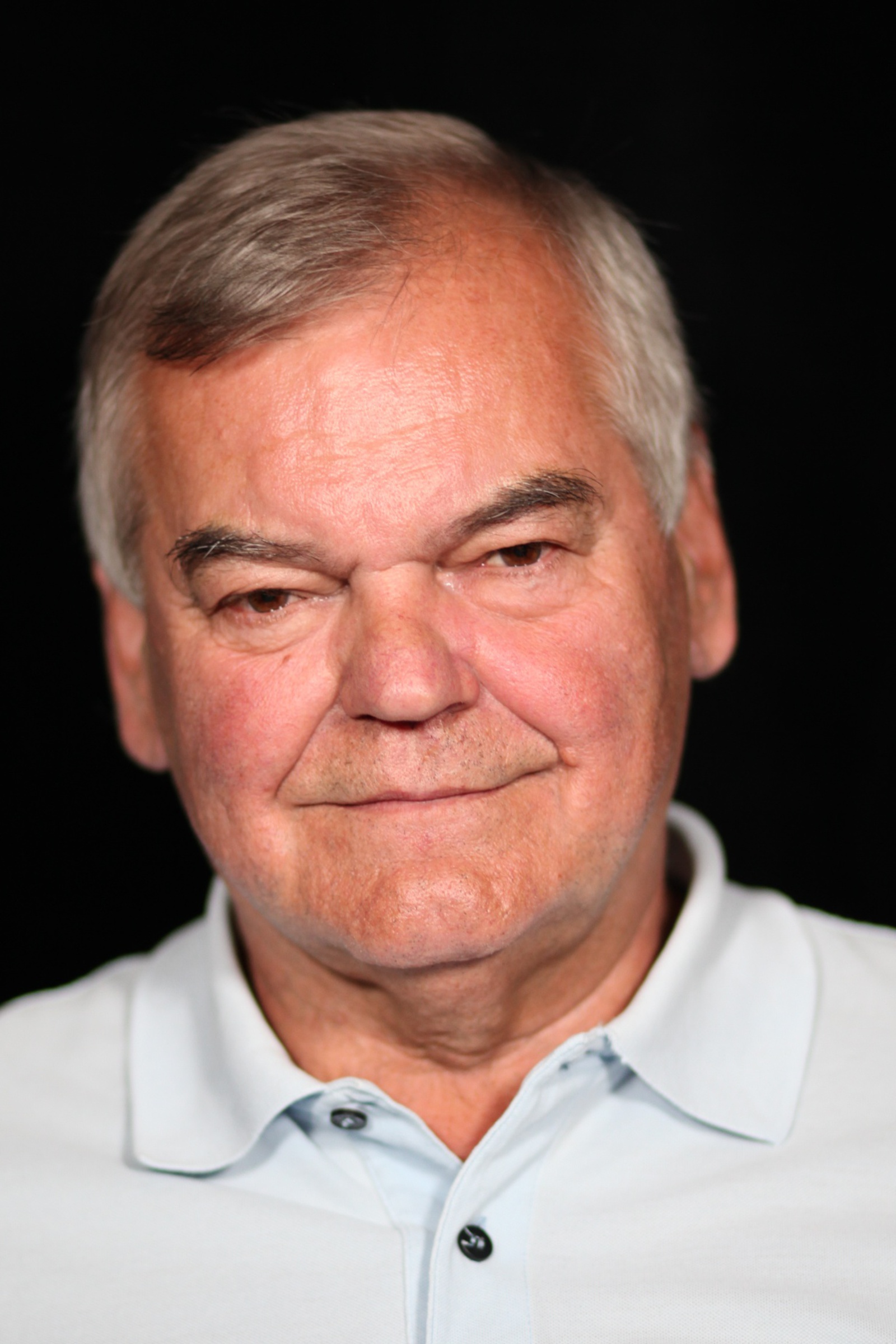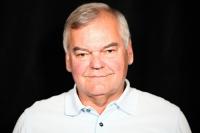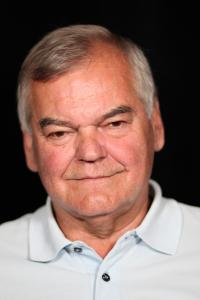To reach any goal, one has to posses a sort of inner confidence

Download image
Vladimír Vůjtek was born on the 27th May of 1947 in a family of a factory worker and subsistence farmer in Klimkovice near Ostrava. He apprenticed as woodworker in the Klement Gottwald Vítkovice Ironworks in Ostrava. As an apprentice, he started playing ice hockey in the youth team in Vítkovice. For fifteen years, he played as centre forward in teams of Vítkovice, Dukla Trenčín in Slovakia and Karviná. From 1982, he worked as hockey coach in the first league teams of Vítkovice and Zlín. He witnessed how hockey clubs worked in Czechoslovakia. After 2000, he accepted a job in Russia where he spent six years. His biggest success were two victories in the Russian Superleague with his team, Lokomotiv Jaroslavl. In 2012, he coached Slovakia’s national team and they won silver in the World Championships in Helsinki. In the 1990’s, he moved from Ostrava to his birthplace, Klimkovice.

